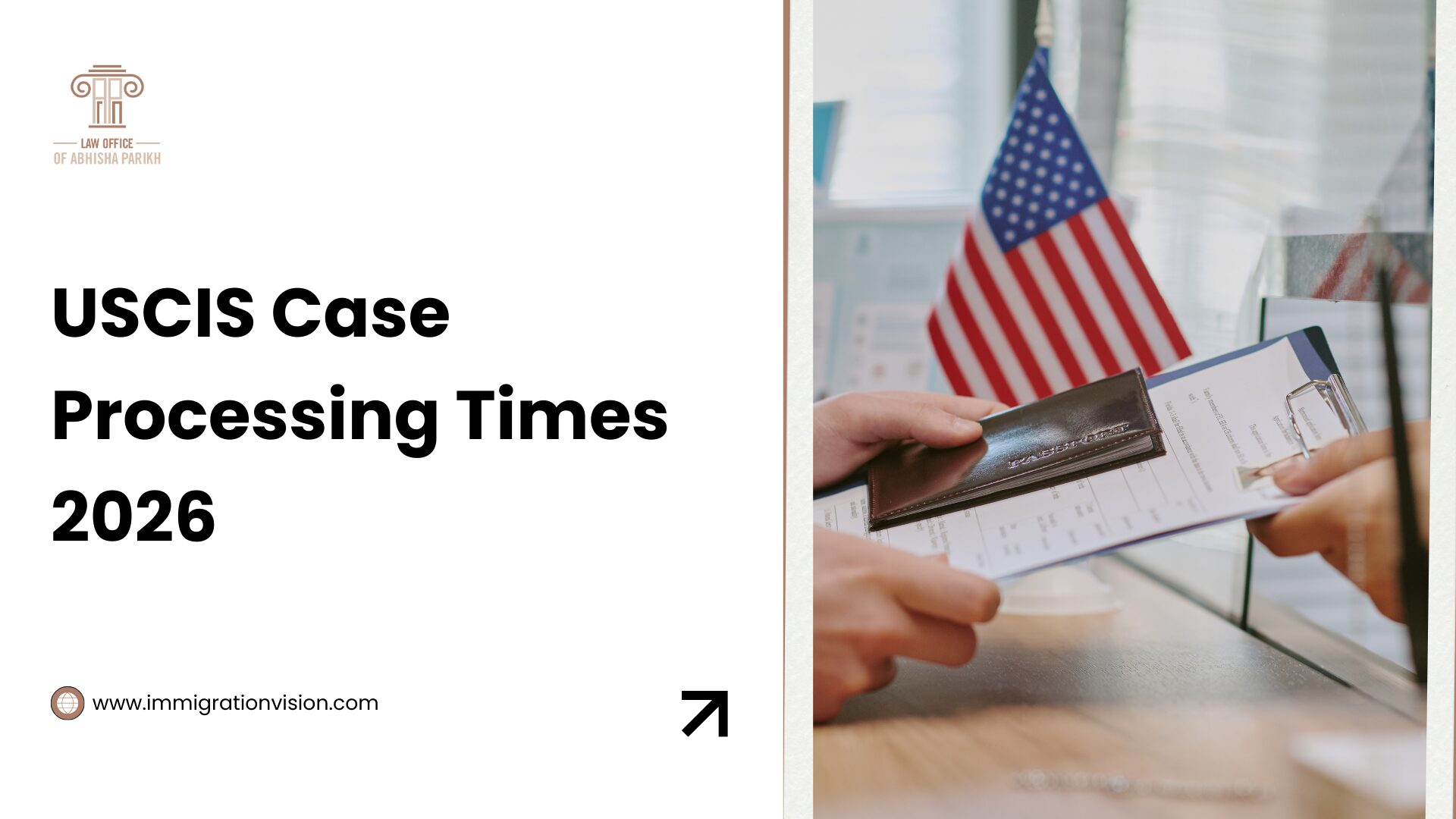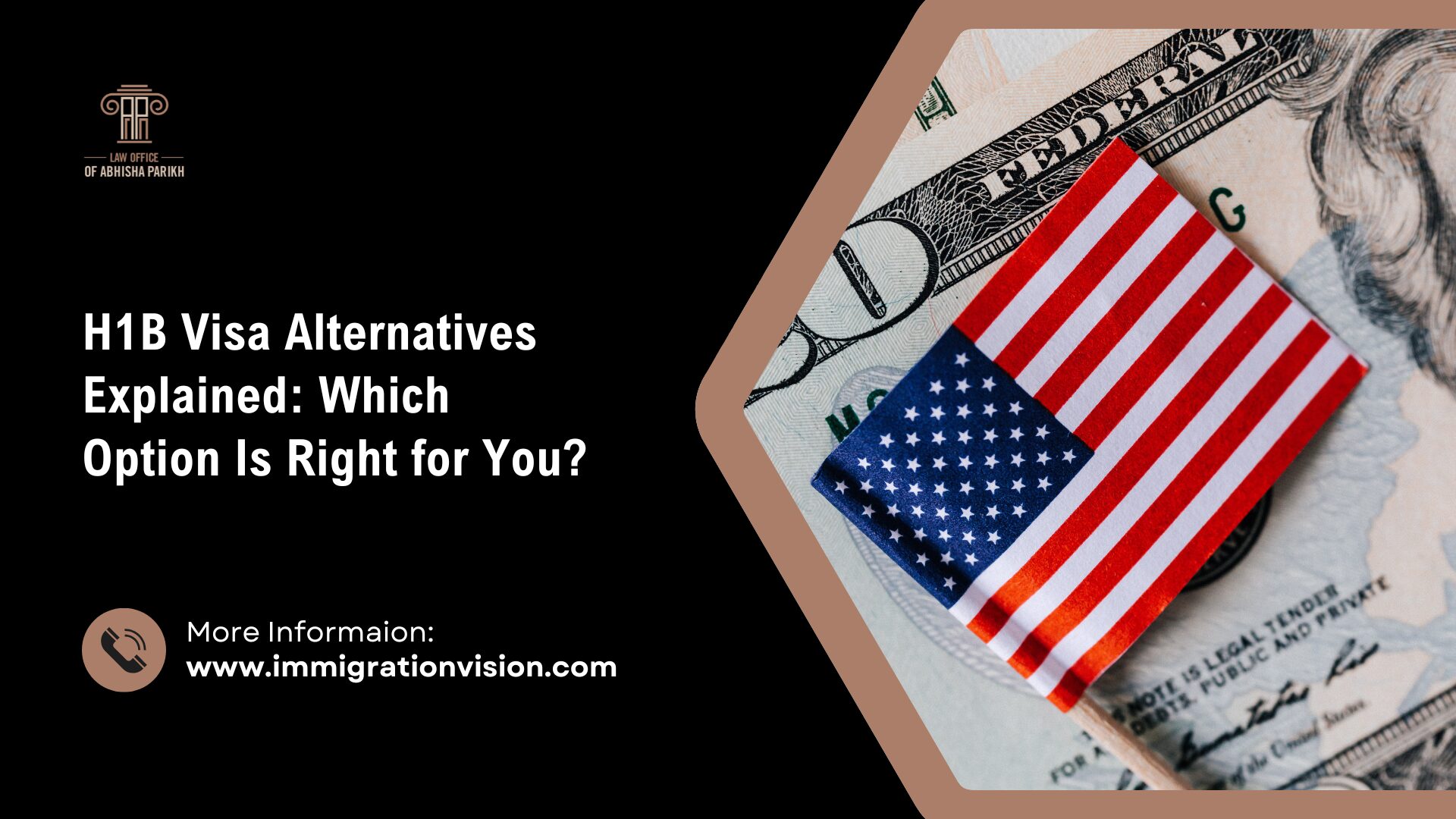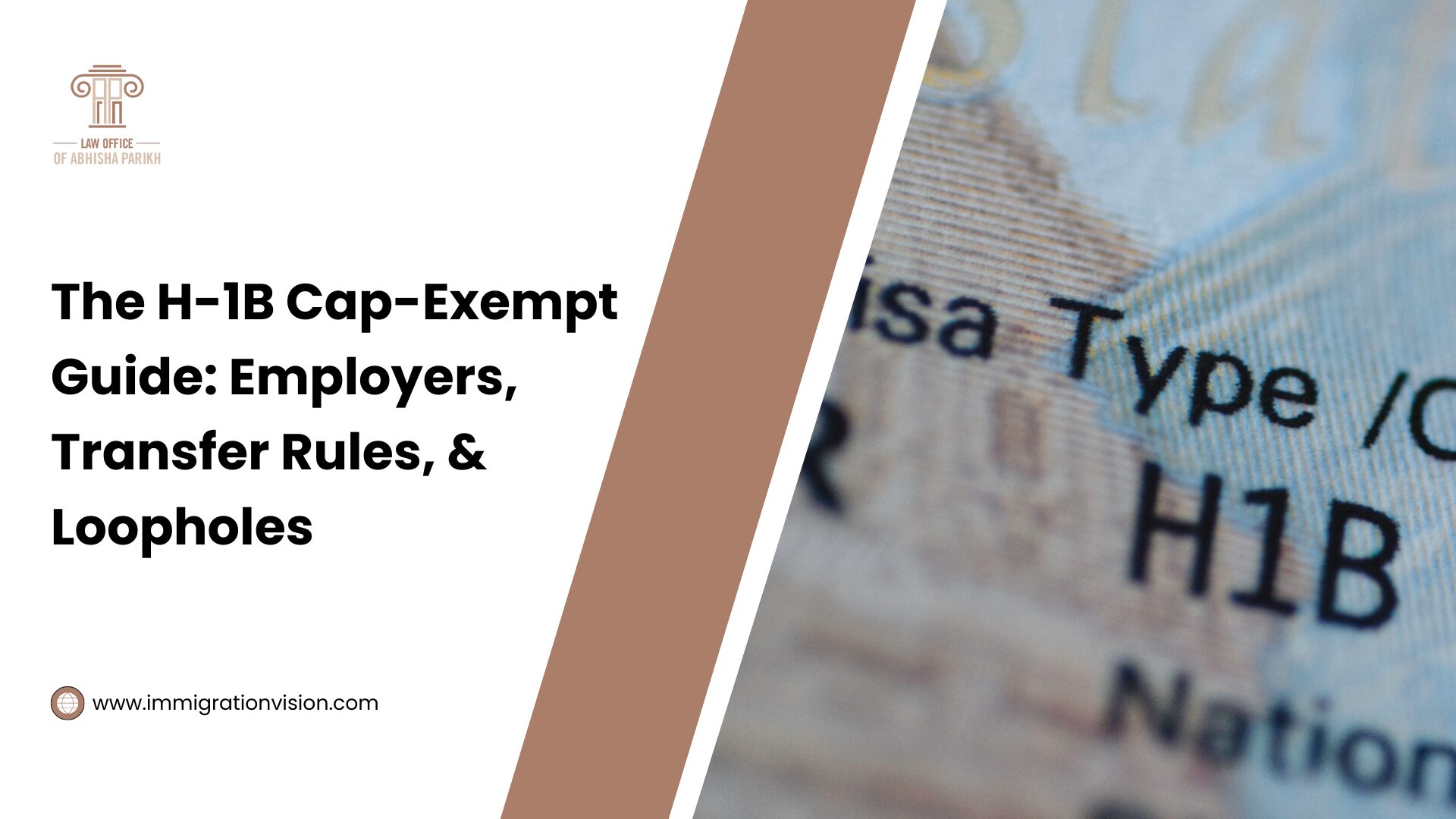Employer-sponsored green cards provide a direct avenue to lawful permanent resident (LPR) status in the United States. For many foreign nationals, working in the U.S. under a temporary visa is only the first step. Securing a green card through an employer allows you to live and work in the country permanently. Below is a breakdown of the most common categories and what makes each one distinct.
EB-1B: Outstanding Professors and Researchers
1. Who Qualifies
- Individuals with international recognition for their achievements in academic or research fields.
- Typically require a minimum of three years of teaching or research experience.
2. Unique Features
- No labor certification requirement.
- Must have a qualifying job offer from a U.S. university or private employer where the individual’s position involves ongoing research or a tenured/tenure-track teaching role.
3. Documentation
- Evidence of published articles, major accolades, or original research contributions.
- Letters of recommendation from experts in the field.
EB-1C: Multinational Managers and Executives
1. Who Qualifies
- High-level managers or executives who have been employed by a multinational company overseas for at least one year in the past three years.
- Must be transferring to a related U.S. entity in a managerial or executive capacity.
2. Unique Features
- No labor certification requirement.
- Employer must prove it’s part of a multinational structure (parent, branch, affiliate, or subsidiary).
3. Documentation
- Organizational charts and job descriptions clarifying managerial or executive duties.
- Proof of continuous employment with the foreign company and the U.S. entity’s qualifying relationship.
EB-2: Advanced Degree or Exceptional Ability
1. Who Qualifies
- Individuals who hold advanced degrees (beyond a bachelor’s, typically a master’s or higher) or who have exceptional ability in arts, sciences, or business.
- Can include doctors, engineers, researchers, and other professionals with notable achievements.
2. Unique Features
- Most require a PERM labor certification to confirm no qualified U.S. workers are available for the position.
- Some EB-2 applicants may apply under a National Interest Waiver (NIW), bypassing the job offer and labor certification if their work substantially benefits the U.S.
3. Documentation
- Degrees, certifications, and academic records.
- Evidence of professional recognition, high salary, or major contributions in the field.
EB-3: Skilled Workers, Professionals, and Other Workers
1. Who Qualifies
- Skilled Workers: Individuals whose job requires at least two years of training or experience.
- Professionals: Those holding at least a U.S. bachelor’s degree or its foreign equivalent.
- Other Workers: Positions requiring less than two years of experience or training.
2. Unique Features
- Requires a permanent, full-time job offer.
- Labor certification (PERM) is mandatory, showing that hiring a foreign worker won’t negatively impact the U.S. labor market.
3. Documentation
- Proof of requisite education, experience, or certifications.
- Official letters from employers verifying work history.
EB-4: Special Immigrants
1. Who Qualifies
- A diverse set of “special immigrants,” including certain religious workers, employees of U.S. foreign service posts, retired international organization employees, and others.
- Each subcategory has distinct criteria specific to their roles or service.
2. Unique Features
- Many EB-4 subcategories do not need labor certification.
- Religious workers typically need a job offer from a nonprofit religious organization in the U.S.
3. Documentation
- Eligibility proof varies widely depending on the exact subcategory.
- Religious workers, for example, must show membership in their denomination and letters verifying their roles and responsibilities.
Steps in the Application Process
1. Labor Certification (PERM)
- Required for most EB-2 and EB-3 applicants unless exempted by a National Interest Waiver or other qualifying condition.
- Ensures no qualified U.S. workers are willing or available for the job.
2. Filing Form I-140
- The employer (or applicant in certain categories) files the Immigrant Petition for Alien Worker to establish eligibility.
- Must be filed within set deadlines after PERM approval (if applicable).
3. Adjustment of Status or Consular Processing
- If you’re in the U.S. on a valid visa, you can often file for adjustment of status.
- Otherwise, you’ll complete consular processing in your home country.
Spouses and unmarried children under 21 generally qualify for derivative status under the same employment-based category. Once approved, family members also receive green cards, allowing them to live, work, and study in the U.S.
Contact us for a consultation to get a case evaluation.



